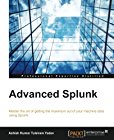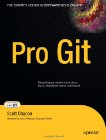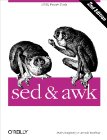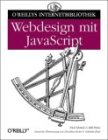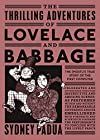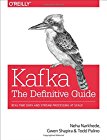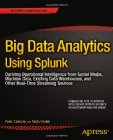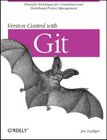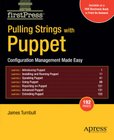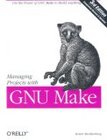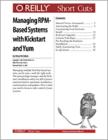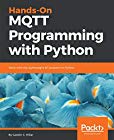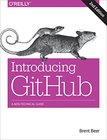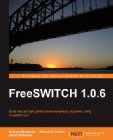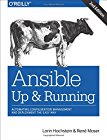
Once, when I picked up a book from the local library, the librarian asked to tell her what I thought about the book when I would bring it back. Well, why not write a few lines about all the books I read so everybody could see what I thought about it? I'm often also happy to have friends recommend a certain book or tell me this and that is not really worth reading. I won't comment about the tons of books I have read so far, but about books I read from now on.
| highly recommended | sehr empfohlen | |
| good reading | gutes lesematerial | |
| average | durchschnittlich | |
| not too interesting | nicht allzu interessant | |
| recommended not to read it | empfehlung das buch nicht zu lesen |

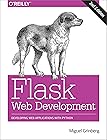











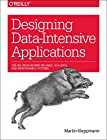
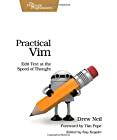


















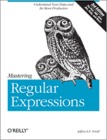


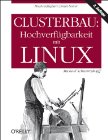


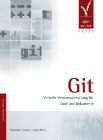






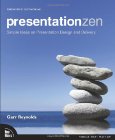


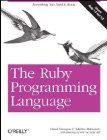












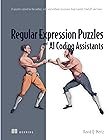





















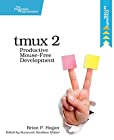






























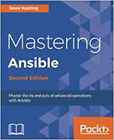



 |
|
|---|---|
| title | Ansible Up & Running |
| author | Lorin Hochstein & René Moser |
| ISBN-10 | 1-491-97980-1 |
| ISBN-13 | 978-1-491-97980-8 |
| ASIN | |
| rating | |
| date | 2017-Oct-08 |
I was expecting a thorough, methodical and very structured introduction to ansible. Well, this book is sort of that. It definitely is a good and useful introduction to ansible. The authors do a good job guiding the reader from first steps to intermediate use by using a sample multi-server scenario which you easily can run on your single-machine laptop (and they explain how to do that). There are many options, possibilities and usage scenarios described in enough detail, but what I am missing a little bit is a kind of structured listing of all (or most) options and possibilities. I guess if I want to have that, then I'll have to go through the official ansible documentation. The book is more learning from a seasoned and well versed user, rather than from a schoolbook.
The breadth of topics is quite good. Of course, playbooks and role, the inventory, variables and facts are all covered. But not only. There are also chapters dealing specifically with Vagrant, Amazon EC2, Docker, Windows Hosts and Network Devices, even Ansible Tower has its chapter. And there is also information on performance, debugging and writing custom modules.
Even though I was expecting something slightly different, I still think this is a valuable book to read and can recommend it to anyone who wants to make good use of ansible and its capabilities.



